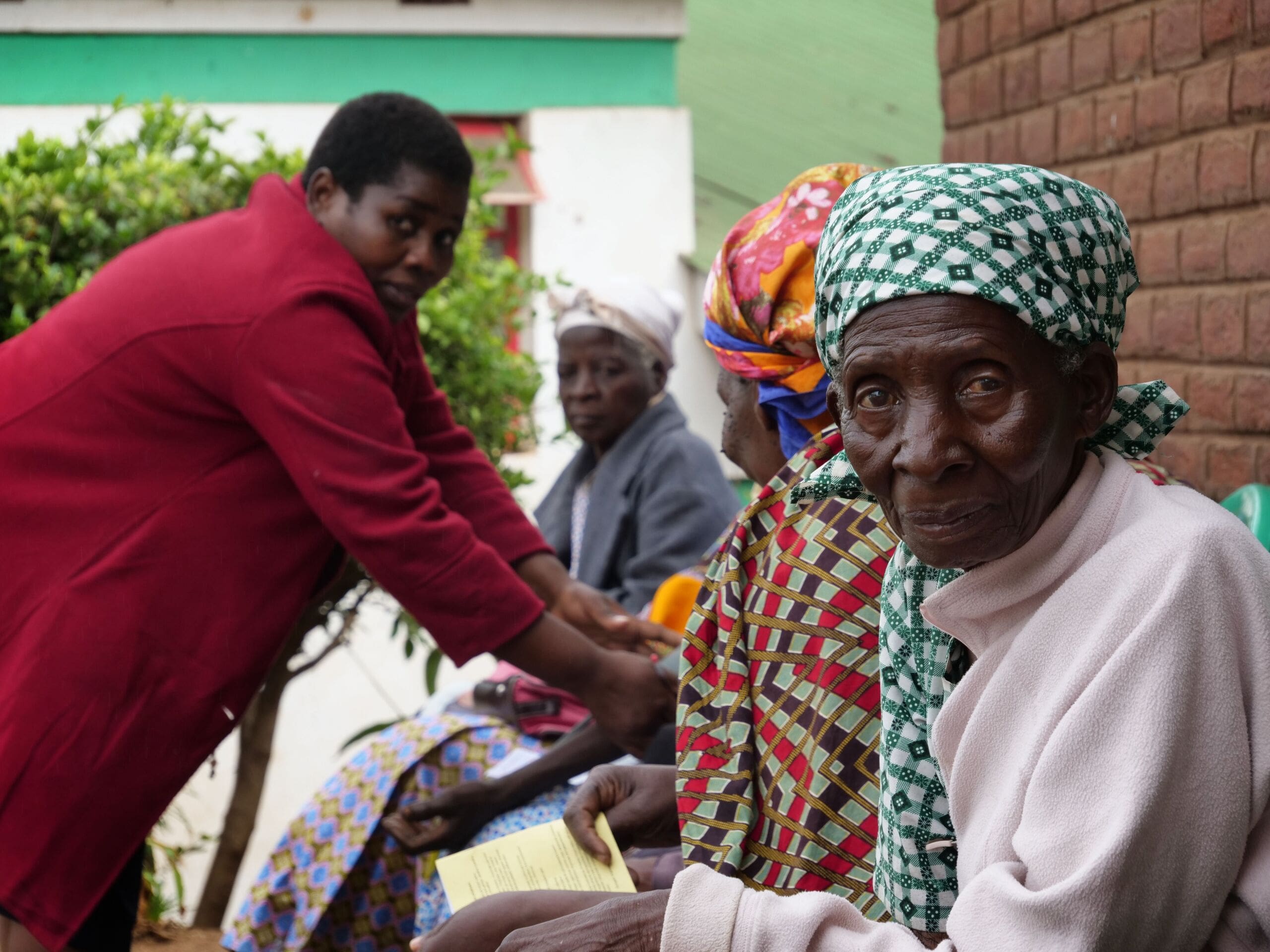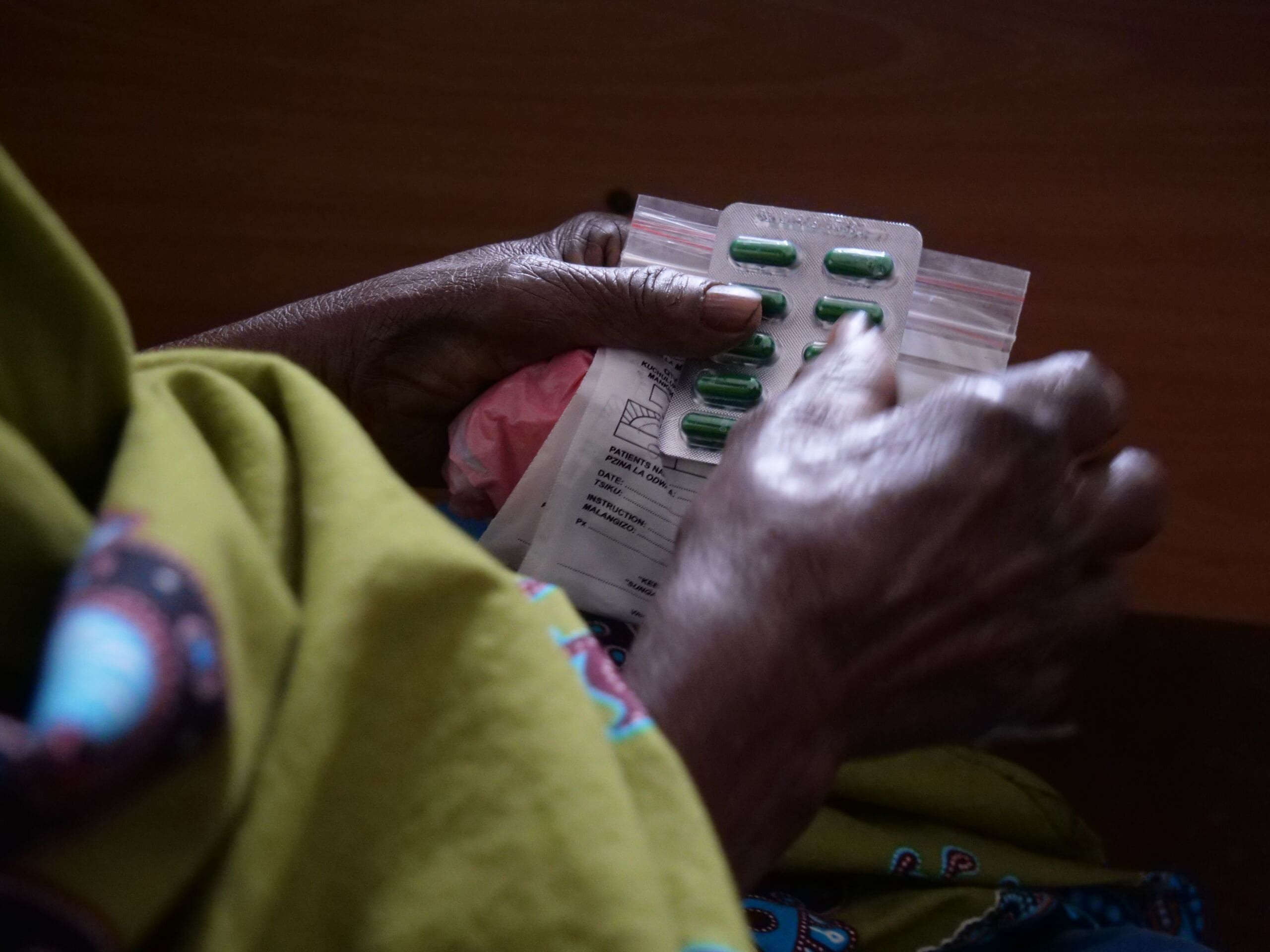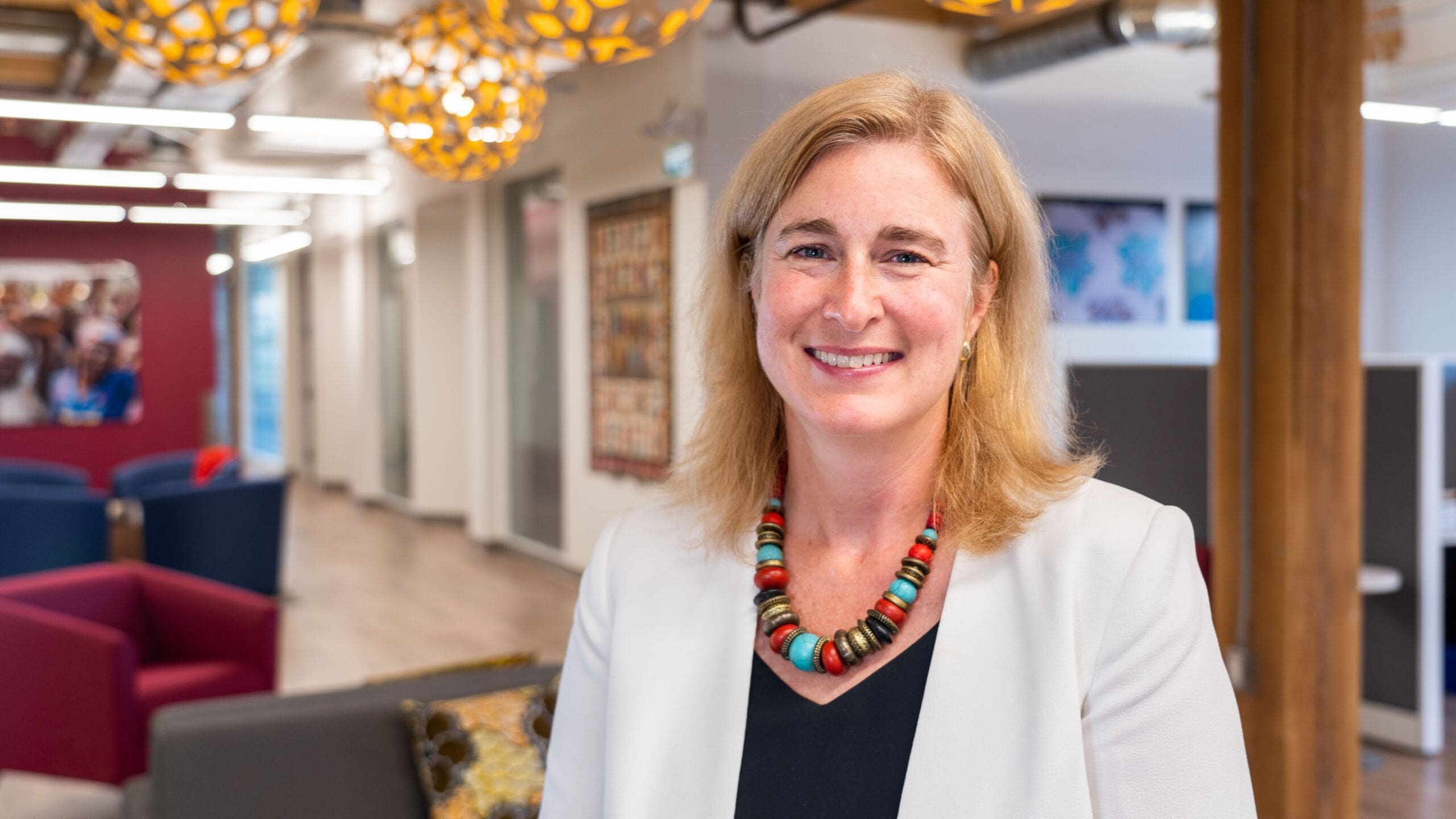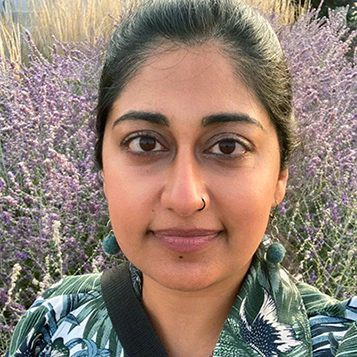‘People will die’: Canadian non-profits look to feds to help bridge USAID funding freeze
Why It Matters
The United States provides more than half of the world’s international aid funding, supporting everything from basic medicines to health resources to food and water in war zones. Without that funding, numerous regions could destabilize and lead to worsening health outcomes for vulnerable populations.

Canadian non-profit organizations are urging the federal government and international community to step up after U.S. President Donald Trump’s administration froze USAID, a move that will impact hundreds of critical humanitarian programs worldwide.
USAID, the United States Agency for International Development, is the largest donor in the world. The foreign aid agency works multilaterally with organizations globally, and some of them are also funded by Canadian organizations, like the Stephen Lewis Foundation, who are bracing for the impact of this funding freeze.
SLF provides funding for HIV response work led by community organizations in central and south African countries. The foundation’s work includes education for girls, ending gender-based violence, supporting grandmothers and caregivers, providing home-based care and also supporting 2SLGBTQ+-led organizations that provide healthcare to those communities.
While the foundation itself does not receive funding directly from USAID, the foundation’s partner community organizations in Africa do, said Meg French, executive director of the Stephen Lewis Foundation.
“For example, while they may be using our funds to support a youth prevention program, the staff is paid for using USAID funding,” she said.
“The U.S. government is a really critical fund for the HIV response. They provide about 58 per cent of the international assistance to the HIV response around the world. There isn’t a part of the work around HIV, particularly in Africa, that isn’t connected in some way to the support of the U.S. government.”
U.S. President Donald Trump’s administration paused USAID for 90 days, saying it needed to review the agency and its purpose. As a result, hundreds of life-saving aid programs are now in limbo, and partner organizations to USAID are also left scrambling.
HIV prevention work at risk
The SLF works with 98 different community organizations in Africa, and French said they are hearing from partners daily with concerns about what the impact of the USAID freeze could mean for the people they work with, many who live with HIV.
She said some organizations receive upwards of 40 per cent of their funding from USAID.
“I know it’s a 90-day freeze at this point, but there’s really no guarantee it will restart, and what will it look like when it restarts?” French said.
If the community-led organizations that have been critical to the reduction of HIV transmissions, the number of deaths, and treating people are not there anymore, there is a real potential to see a return to the AIDS pandemic of the late 1990s and early 2000s, French added.

She is especially concerned about access to antiretroviral drugs, a crucial treatment for people living with HIV, and also used for HIV prevention.
“We may be supporting a feeding program for grandmothers and children, some of whom are living with HIV, and now there’s a question mark about their access to ARVs because of the funding,” French explained.
The U.S. government provides antiretroviral drugs to nearly 20 million people living with HIV worldwide through PEPFAR, an HIV-specific program, addressing about two-thirds of global needs.
The Trump administration said PEPFAR would be exempt from the USAID freeze, but French said there is no clear answer about whether this particular stream of funding will continue.
“If you fire everybody at USAID, who’s managing those programs? Who’s getting the funding for people in need? I mean, that’s the challenge right now,” she added.
National and international responses needed
The Stephen Lewis Foundation launched an emergency appeal to help close funding gaps for the community organizations they work with in Africa.
“There is the immediate emergency of the next 90 days, but the reality is that this is likely to continue, particularly for organizations that work with LGBTIQ communities or organizations that are LGBTIQ-led and also organizations that support sex workers,” French said.
She added they are particularly concerned about LGBTQ+ community partners being left out the conversation if funding restarts because of the Trump administration’s anti-LGBTIQ rhetoric.
SLF is also working with national and international organizations to discuss how they can collectively be adaptive with their funding to help address shortfalls.
Global cooperation is also going to be critical and will require a shift in the global HIV response and how it is organized, French said.

She also pointed to the federal government, saying they need to step in and provide funding to address the significant gaps that will be created by the USAID freeze.
“I know we’re in a moment of a lot of negotiation around tariffs, but we can’t use that as an excuse to step back and to be fearful about making the kind of commitment and coming together with allies around the world to support this, because these are murderous policies. People will die, and we have a responsibility to save lives,” French said.
Other organizations in Canada’s non-profit sector are also speaking up about the impacts of the USAID freeze.
Cooperation Canada represents dozens of nonprofits focused on humanitarian and development work worldwide in areas such as education, food insecurity, healthcare and developing clean water systems.
“Food crises are worsening, health services are vanishing, and entire communities – many of them women and children – are being left without protection. These cuts are costing lives. They are also undermining the global rules-based order that Canada has long championed,” said Kate Higgins, Chief Executive Officer of Cooperation Canada, in a news release Monday.
Higgins said the federal government should remain globally engaged during global uncertainty.
“Canada can provide strategic international assistance where the needs are greatest. As G7 President, we can rally global partners around strategic and compassionate commitments to international cooperation, stability, and humanitarian action,” Higgins wrote on LinkedIn Monday.
Feds haven’t committed to extra help
Data from Global Affairs Canada shows about $40 million in development projects were paid by Ottawa to help fund some USAID programs, including watershed protection, helping 2SLGBTQ+ activists flee harm and violence, hunger programs and more.
Meanwhile, media have reported that $450 million US in food grown by American farmers has not been delievered to 36 million people due to lack of payment, and about 1.6 million people have been cut off from the money needed for water pumps in the Sudan’s Darfur region, which is plagued by war.
Canada’s politicians, meanwhile, say they are aware and watching the situation, but none have committed to extra money.
International Development Minister Ahmed Hussen’s office told CBC they are “deeply concerned” after decades of partnering with USAID.
“The loss of USAID’s leadership and resources represents a dangerous retreat that risks decades of progress in fighting inequality, starvation, pandemics and authoritarianism,” spokesperson Olivia Batten wrote in a statement to CBC.
“Global challenges demand collective action, and we will continue to do our part by forging new partnerships that support peace, security and prosperity for all.”
Foreign Affairs Minister Mélanie Joly told media last week she will be discussing USAID with U.S. Secretary of State Marco Rubio, who is currently overseeing the agency on an interim basis.


